Millet Harvest Festival Millet is the most important crop in the production activities of the Rukai people, and the festivals during the year center on millet, among which the harvest festival is the most important. The Harvest Sacrifice is a ceremony held by the Rukai people after the millet harvest in order to thank God for the good harvest. During the ceremony, the Rukai people will prepare millet cakes, millet rice, and millet wine to sacrifice to the gods and ancestors; in addition, the tribesmen will also symbolically pay tribute to the leader. The meaning of tax and sharing.
Festival
Paiwan The Ancestor Spirit Festival The Ancestor Spirit Festival (Paiwan language: Maljeveq), now often called the five-year festival and the Covenant Festival of God and Man, is an ancient festival of the Paiwan aboriginal people in Taiwan, and it is also one of the most solemn festivals in the Austronesian language family. In ancient times, it was originally held on a three-year cycle, but later it was changed to every five years for some reason, so scholars often call it "five-year sacrifice". In the past, the annual festival (Masalut, Harvest Festival) usually officially entered the festival period when the last millet was harvested in the season (now it is mostly held in summer and autumn). sacrifice, and hold the "ancestral spirit delivery ceremony (Pusau)" next year.
-
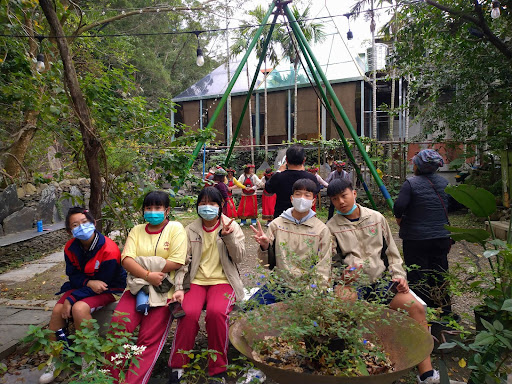
Beautiful traditional dance -
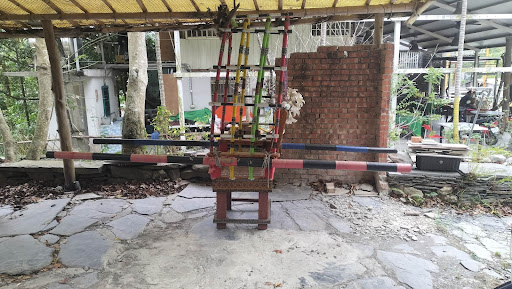
Aboriginal sedan chair -
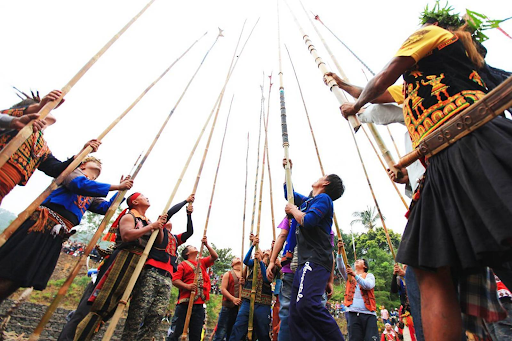
Paiwan five-year festival
Millet Harvest Festival In the millet harvest festival, there are items offered by the priests at every stage of millet planting, sowing seeds, weeding and harvesting. When the farming activities are completed, the items offered by the sacrifices are called masalut (gratitude harvest offering). Masalut has the meaning of crossing, surpassing, and celebrating the new year, and it has the meaning of "time" indicator in the tribal life dominated by agricultural production. On the first day of the Harvest Festival, the millet is collected in the barn, followed by blessings and selection of seeds for sowing in the coming year. On the second day, the leader summons wizards and priests to visit each house to inquire about the harvest and pray for blessings. Some of the harvest will be taken away by the leader and given to the ancestors in the ancestral spirit house; New millet is put into the barn.
-
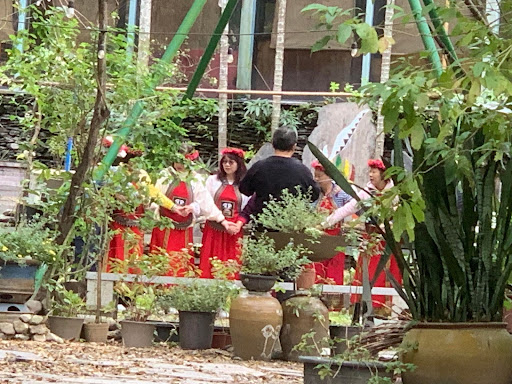
Practice dancing -
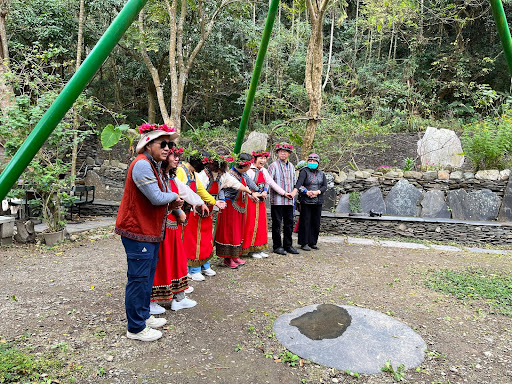
Met people dancing -
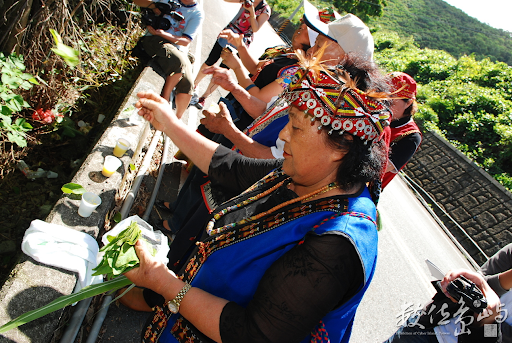
Paiwan harvest festival
-
-
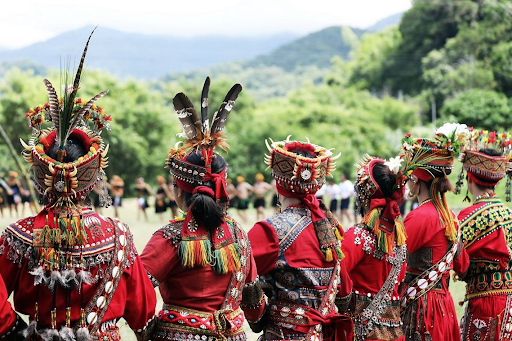
Harvest festival dance
Harvest Festival In traditional societies, the Harvest Festival takes more than one month to process. Now due to changes in lifestyle, it is limited to one to three days, and is fixed on August 15th each year (currently the official date is the second day of July every year. The first Friday is Rukai Day). In order to avoid taboo conflicts between traditional sacrificial ceremonies and modern religious teachings, the sacrificial part of the ritual is simplified, and the main activity spirit is the reunion gathering and cultural sharing of tribal people.
-
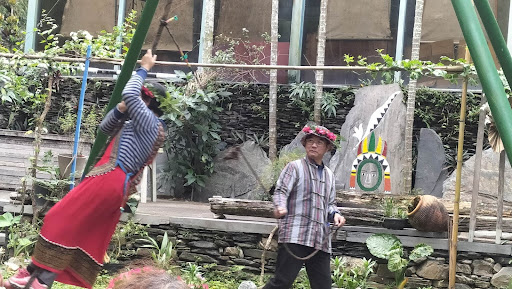
Swing -
-
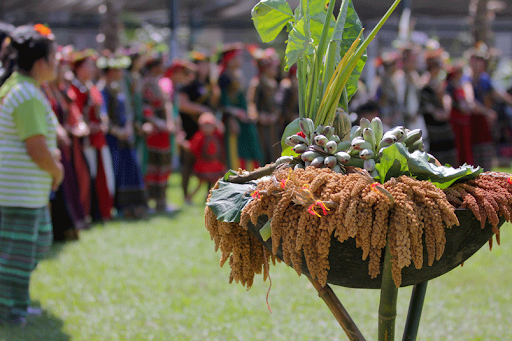
Millet
Swing Swinging is one of the highlights of the Rukai traditional ceremonies. It has the function of friendship between men and women. Swinging activities are usually held at weddings. It used to be the privilege of the women of the big boss’s family. Giving this privilege to the tribe not only pays tribute to the hard work of the tribe, but also provides opportunities for young men and women to meet. When swinging on the swing, men are responsible for setting up the swing frame and swinging the swing ropes, and invite unmarried women of good conduct to climb on the swing frame, and the man will swing the woman to the highest point, which is very exciting. Whether swinging is held at a wedding or a harvest festival, it brings a climax to the event.
-
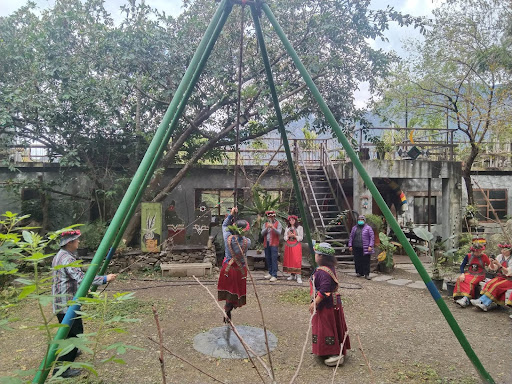
Getting ready to practice swinging -
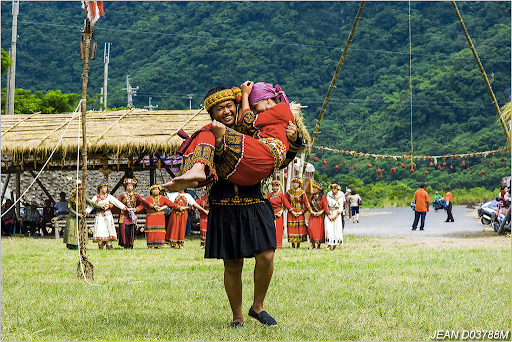
Harvest festival -
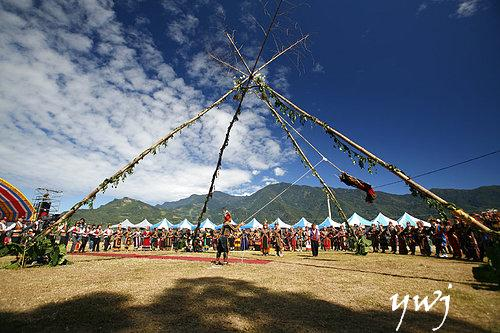
Aboriginal wedding
Black rice offering (tapakadrawane) The Rukai people believe that black rice contains two kinds of rice and millet, and the two kinds of seeds are taken from the deep pool by the gods and given to the women who are farming. According to the traditional rites, the tribe conducts the black rice sacrifice every November to thank the gods for bringing black rice seeds to the tribe. Among them, the Maolindona tribe attaches the most importance to this ritual.
-
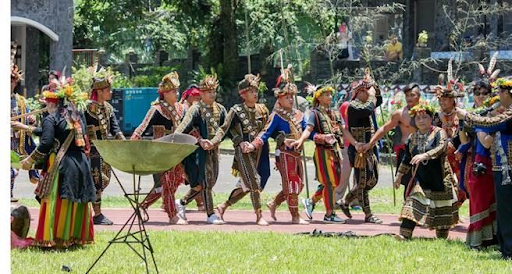
Black rice festival -
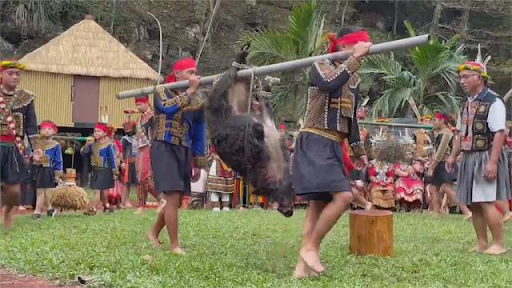
Harvest festival celebration -
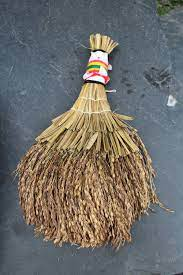
Hlack rice
Wanshan Ancestral Spirit Festival (molapangolai) The molapangolai is the most primitive and characteristic festival of the Oponoho tribe. It is held every four years in the designated place of the Lapangolai ancestral spirit house in the spring. The main content of the activity is the ritual of doloi (divine stone), praying for the safety and health of the tribe, and the taavala competition to test whether young people have the ability to resist foreign aggression and protect the safety of the tribe.
-
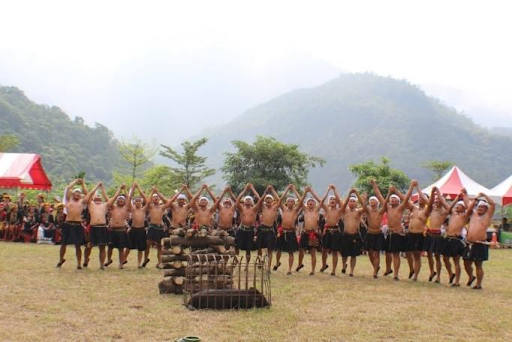
Wanshan ancestral spirit festival -
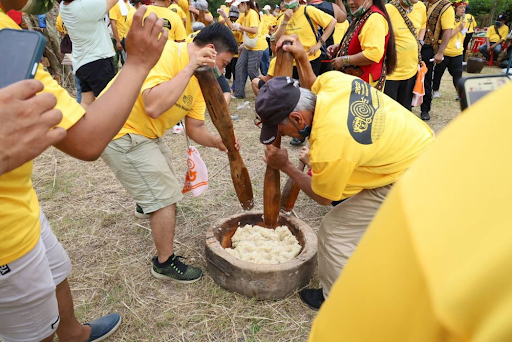
Pound rice -
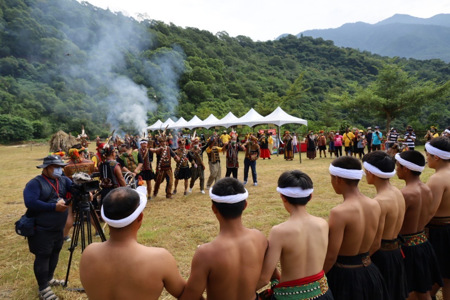
Dance the warrior dance



























